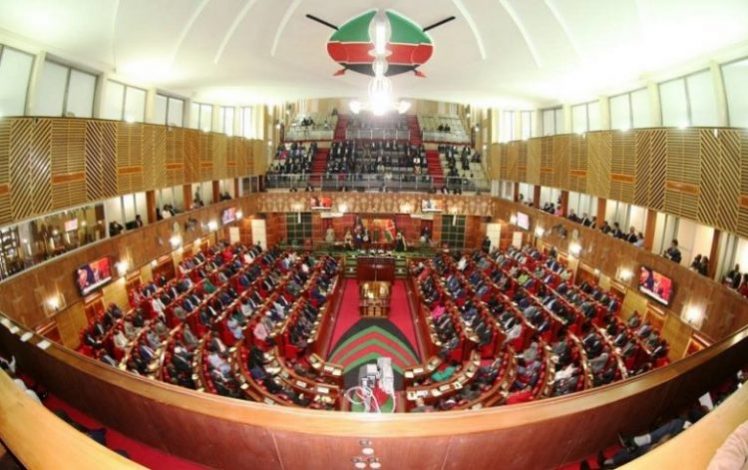By John Walubengo
The Kenya Information Communication Amendment Bill (2013), popularly known as the KICA Amendment Bill 2013 is out for public comment.
The bill seeks to amend the original Kenya Communications Act of 1998, which has served the country so well and seen it become one of the biggest ICT sectors in Africa.
Twenty-five years is a long time. It is a generation in real-world terms. Children born 25 years ago are now adults, probably married, and dealing with their first baby issues. In internet terms, 25 years is perhaps four generations gone by.
Indeed, the mobile communication sector, a fulcrum of the ICT industry, has undergone five generations in this period. It is important to put this into perspective because the motivations and context that gave birth to the original 1998 Kenya Communications and Information Act are radically different from what motivates the ICT industry today.
At the time, the biggest motivation was to liberalize the telecommunications sector, which was globally characterized by monolithic, inefficient government-owned postal and telecommunication monopolies.
The motivation for the 1998 Communications Act
The 1998 Communication Law thus served to split up the telecommunication monopolies and bring in competition while creating a new establishment by then—the Communication Authority of Kenya—to regulate the sector.
That original communications law has served its time and done us proud. I am, however, not convinced that amending it further will give the ICT industry any extra mileage to face in the next 25 years.
I do appreciate the time and effort the Taskforce appointed to work on the bill, and I am sure there are some useful and perhaps not-so-useful additions proposed, as shared by one of the legal minds here.
But I hold the view that our 1998 Communications Act has reached the point of what economists call the law of diminishing returns. There is no amount of amendments that can be made to it to make it relevant to the current realities of our ICT industry.
The entire fabric of the 1998 Mother Law is premised around liberalizing the sector, with subsequent amendments over the last 25 years trying to align it to emerging concerns, some of which included cybersecurity issues, final mobile services, and radio/TV broadcasting as a service, amongst others.
The next 25 years are however a different ball game altogether. Already the leading telecommunications provider in the country, Safaricom, doesn’t think of itself as a telecommunication company, but rather a ‘digital platform’.
One cannot set laws to regulate Safaricom and others as though they were still operating the way they were 20 years ago. Digital platforms bring in entirely different dimensions that revolve around the digital economy, rather than the telecommunications sector per se.
The next 25yrs present completely different issues
Already, we have the Data Protection Act, which touches quite a bit on digital economy issues, but from the personal data side of things. We now need a complementary law that aims to regulate the data economy from a ‘non-personal’ data perspective.
There is a lot of non-personal, transactional data, arising from the ‘internet of things’ that, at the moment, is outside the realm of any regulatory oversight. Most of this transactional data is under the control of the ‘formerly known as mobile telecommunication companies,” now digital transformational companies.
A case in point is that, based on the continuous signals emitted from our mobile handsets, mobile companies, at an aggregate level, have a better understanding of our human and vehicular traffic patterns than any state agency would ever have.
Can the laws be made to ensure that mobile companies can gainfully share this transactional data for the benefit of the wider public—for instance, for the reduction of traffic jams, and the generation of more efficient public transport routing, among others?
One cannot have such conversations when constrained within the boundaries of a 25-year-old communication law and the Taskforce Terms of Reference.
Nevertheless, the appointing authority must begin to think about entirely new laws, such as those currently being enacted in advanced economies and that include but are not limited to the Digital Markets Act, the Digital Services Act, the Data Act, and the Data Governance Act, amongst others.
These are the types of laws that are going to serve the sector for the next 25 years.
_________________________________________________________________
John Walubengo is an ICT Lecturer and Consultant. @jwalu.
![]()




